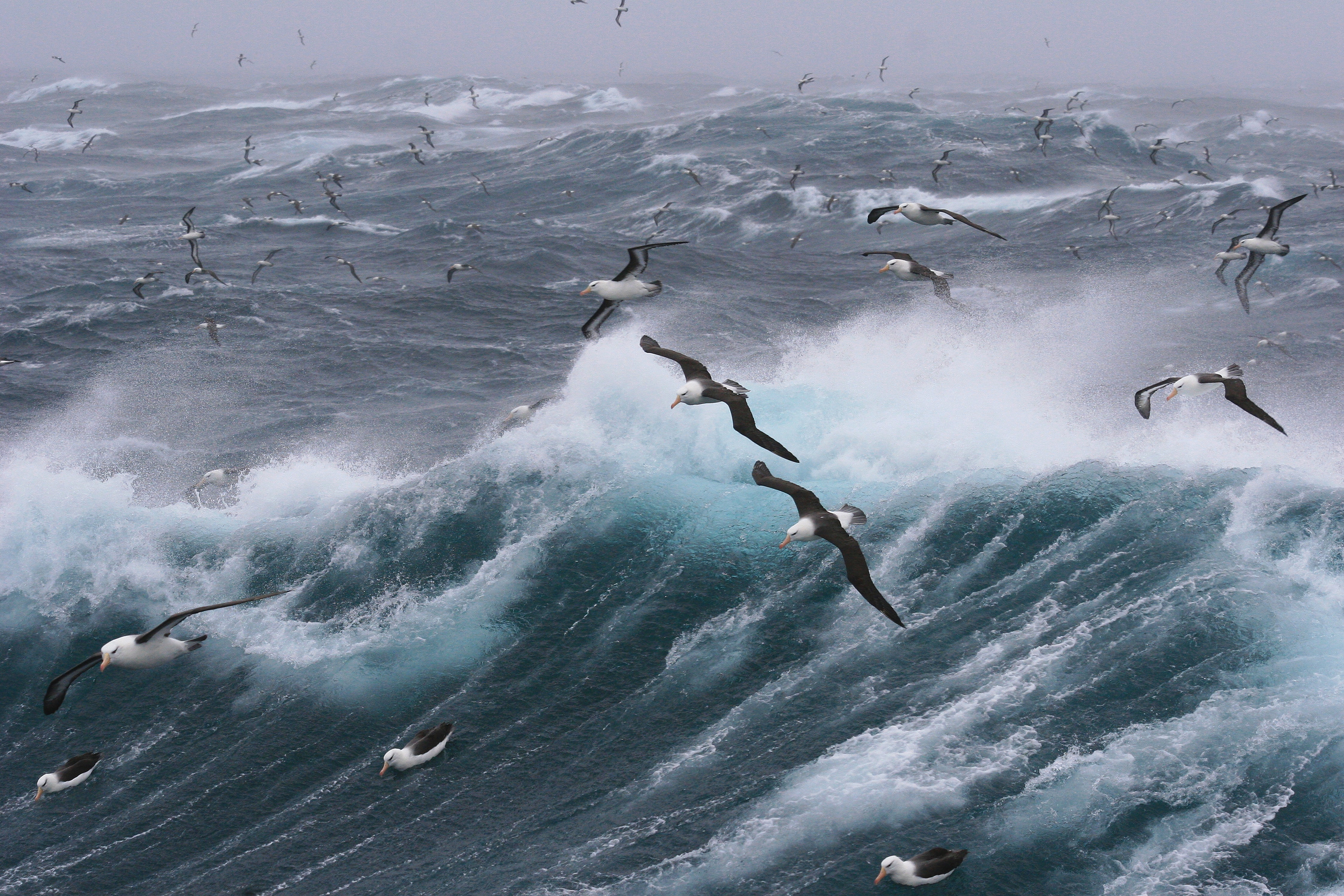News release
From:
Journal/
conference: Nature Climate Change
conference: Nature Climate Change
Research:Paper
Organisation/s:
CSIRO
Funder:
This work is supported by the National Natural Science Foundation of China (NSFC)
project (grant nos. 41976005, 41876008, 41730534), Strategic Priority Research Program
of Chinese Academy of Sciences (XDB40000000). W.C., B.N. and G.W. are supported
by the Centre for Southern Hemisphere Oceans Research, a joint research centre
between QNLM and CSIRO. G.W. is also supported by the Australian government under
the National Environmental Science Program. F.J. is supported by the National Key
Research and Development Program of China (2020YFA0608801) and Youth Innovation
Promotion Association of Chinese Academy of Sciences (2021205). Y.Y. is supported by
the Fundamental Research Funds for the Central Universities. Computation is supported
by the Center for High Performance Computing and System Simulation, Pilot National
Laboratory for Marine Science and Technology (Qingdao).



 Australia; TAS
Australia; TAS


